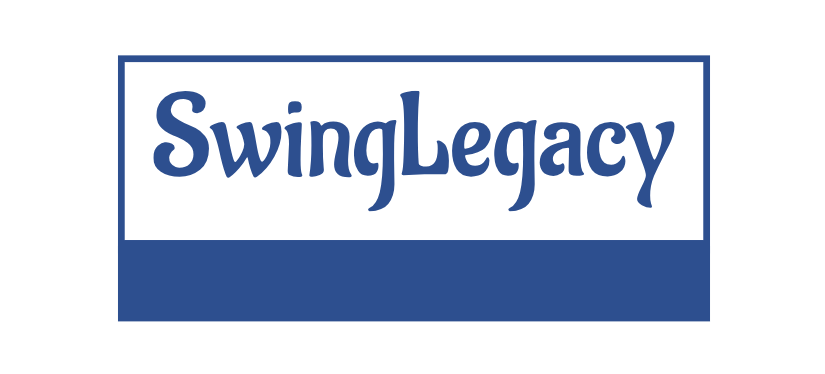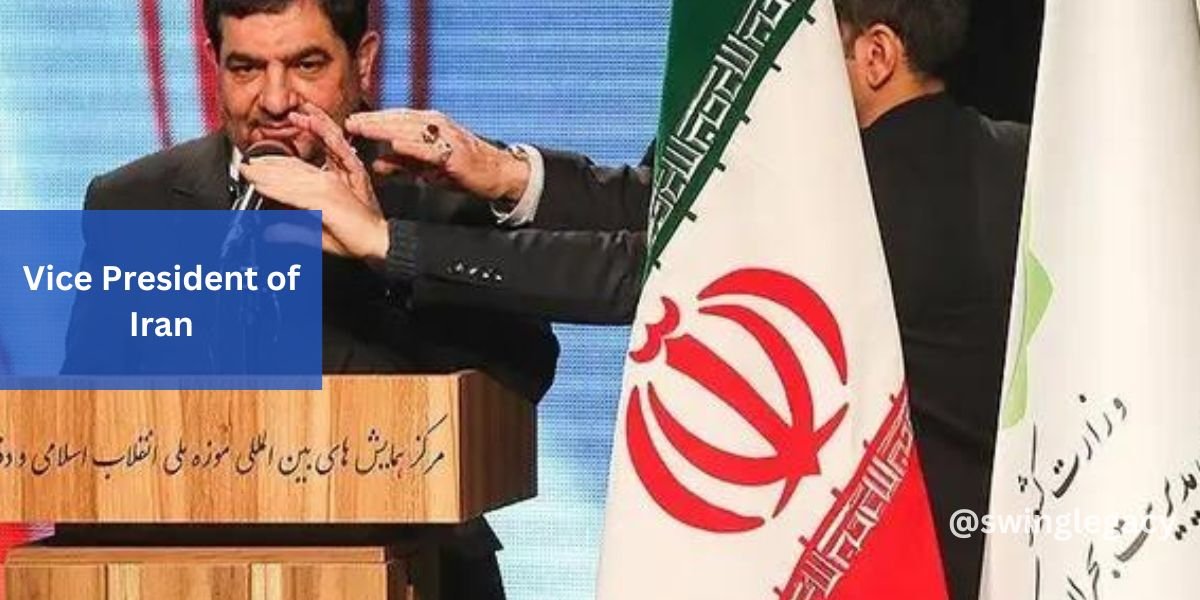Mohammad Mokhber is a significant name in Iranian political life, currently being the President’s First Vice President, under Ebrahim Raisi from 2021. His professional career has been characterized by his participation in various important roles in the administration and economy in his position in the Iranian government. Prior to his current post, Mokhber was the president of the Execution of Imam Khomeini’s Order (EIKO) an office which allowed him to oversee an enormous conglomerate that was that was involved in various areas within the Iranian economy.
What Has Been Mokhber’s Impact on Iranian Domestic Policy?
Since his appointment, Mokhber has focused on domestic economic policies that aim at stabilizing the Iranian economy in the face of economic sanctions and other challenges. Mokhber has advocated and implemented policies that encourage self-reliance, especially in areas like manufacturing and technology. Mokhber’s efforts have been vital during the current economic crisis in Iran in promoting the development of national initiatives that seek to improve employment as well as national production.
How Is Mokhber Influencing International Relations?
Mokhber’s involvement in the international arena has proven active. He has participated in teams that have focused on strengthening the ties between Iran and strategic allies, and has been involved in negotiations for economic agreements. His involvement in international relations is vital, especially in enhancing Iran’s trade relations with other countries, as well as beyond. It is also a part of discussions that seek to tap the oil and natural resources of Iran in order to evade economic sanctions and boost resilience in the economy.
What Controversies Surround Mokhber?
As with many politicians Mokhber’s life hasn’t been free of controversy. His time at EIKO was especially scrutinized because of the obscurity of the company’s operations as well as its enormous influence on the economy of Iran. Many critics claim that EIKO under his direction gained disproportionately from its position, and gained significant control over large areas of the Iranian economy. This could result in conflicts of interest and abuse of power.
Conclusion
As Iran traverses a maze of economic and political landscapes Mokhber’s role will likely to change according to the international and domestic demands. His expertise in negotiations with international counterparts makes him an essential actor in the administration of President Raisi particularly in the efforts to stabilize the economy of Iran and improve its standing on the international stage. The extent to which his influence will be seen as positive or negative will be contingent on the results of his policies and general geopolitical trends within the region. With Iran in a crossroads Mokhber’s decisions on strategic direction will have a major impact on the direction of the country.

